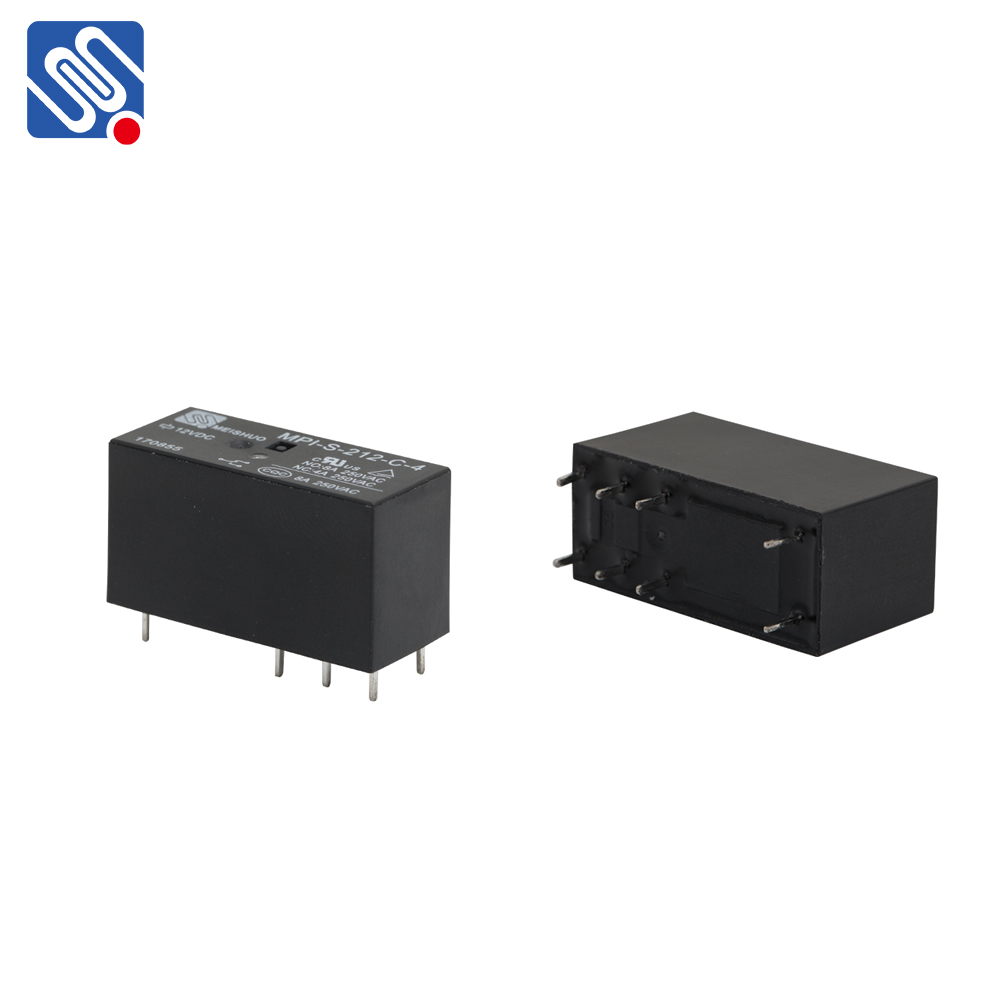relay efficiency in communication systems: a look at meishuo’s contributions
Release time:2025-03-23 02:44:40
Relay efficiency plays a critical role in enhancing the performance and reliability of communication systems. The concept refers to how effectively a relay node in a network can transmit data from a source to a destination, ensuring minimal delay, maximum throughput, and efficient use of available resources. In wireless communication networks, where direct connections between nodes may be impractical due to distance or interference, relays are essential for extending coverage and improving signal quality.

Among the companies that are leading the charge in improving relay efficiency is Meishuo, a company focused on innovative solutions in wireless communication. Meishuo’s work revolves around enhancing relay protocols, optimizing network throughput, and reducing the latency involved in data transmission. With the rapid growth in data-driven applications and the increasing demand for seamless connectivity, Meishuo's contributions have become indispensable to ensuring that the next generation of communication systems is more efficient than ever before. At the core of relay efficiency lies the concept of energy consumption. Each relay node consumes energy to amplify, encode, and transmit data, making it important to minimize the energy use while still ensuring reliable data transfer. Meishuo, for instance, has introduced energy-efficient relay protocols that balance power usage with signal integrity. Their focus on optimizing energy consumption not only reduces operational costs but also contributes to the sustainability of communication networks in the long term.

